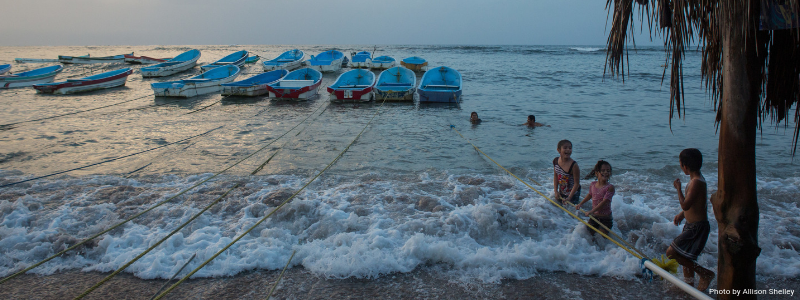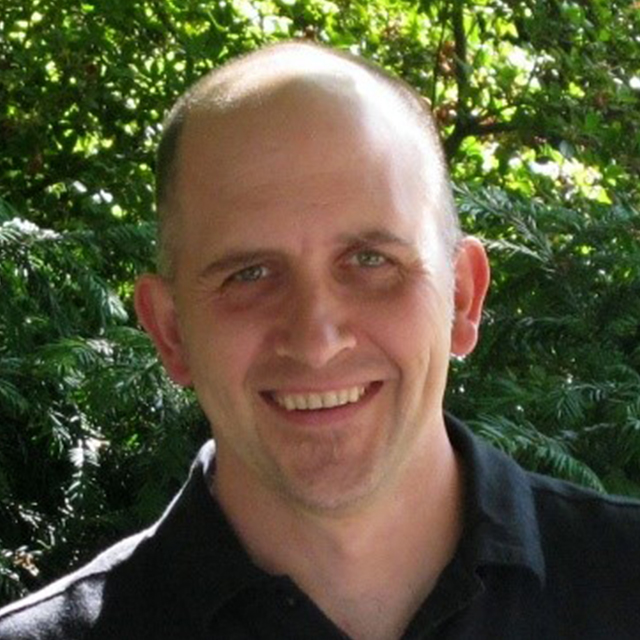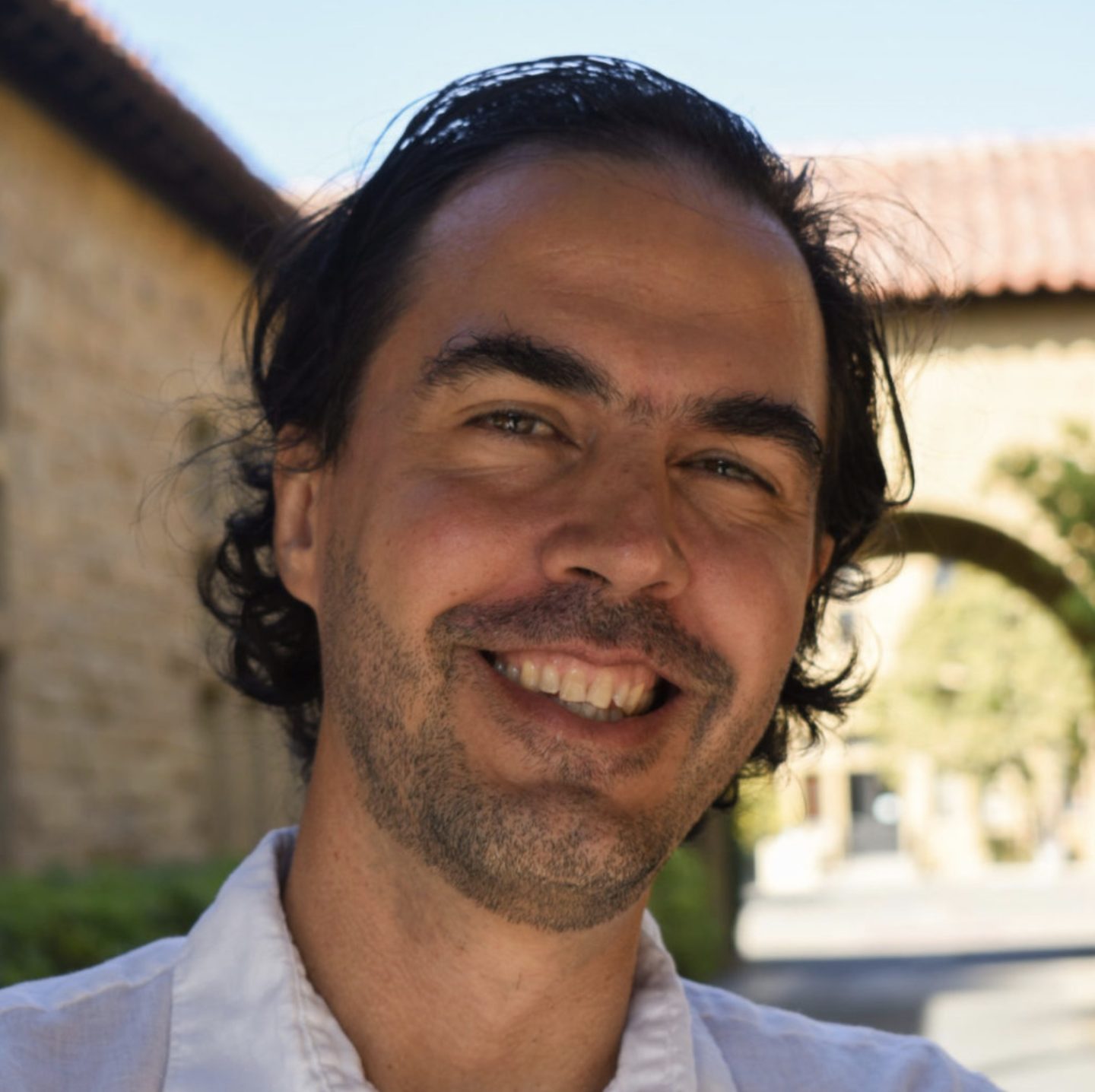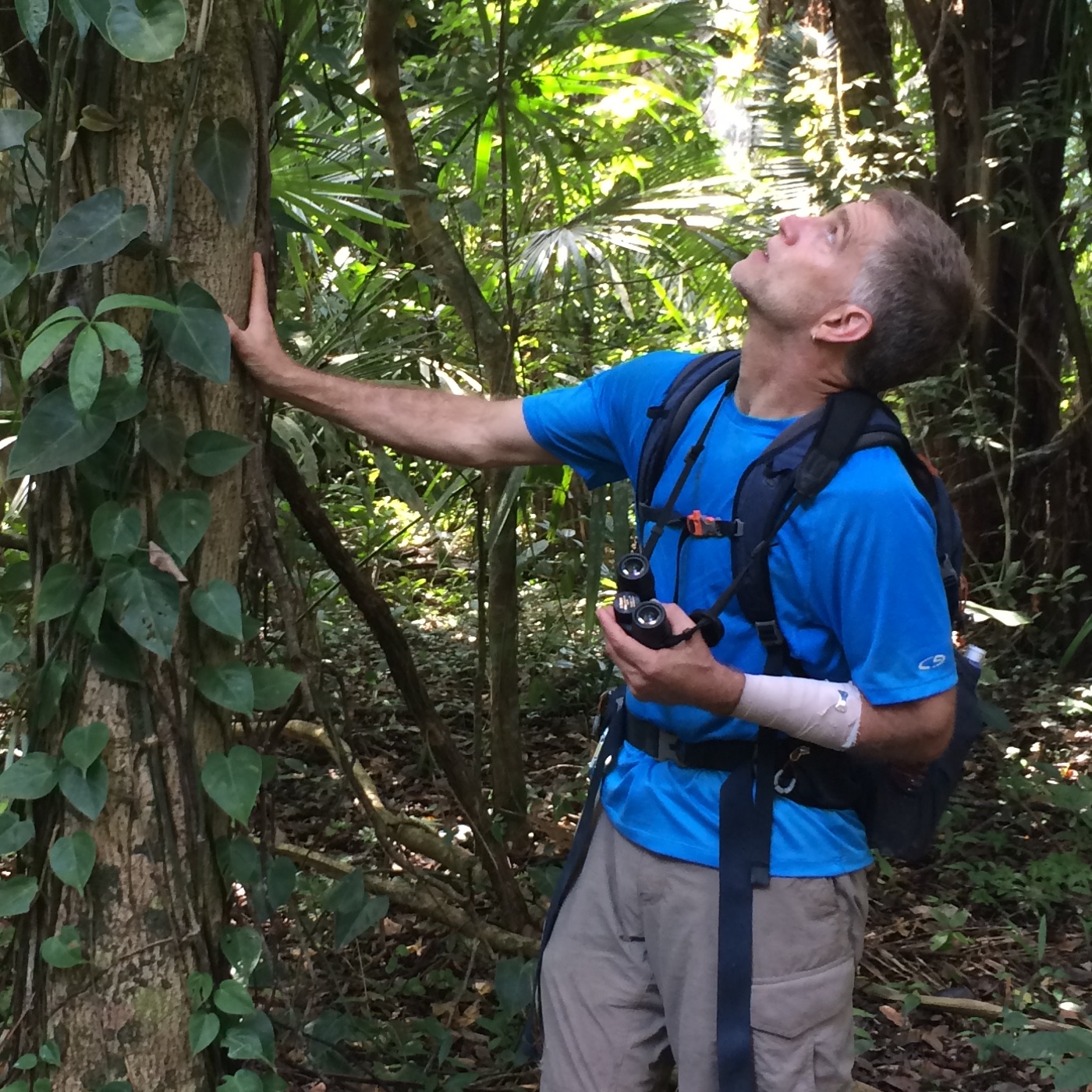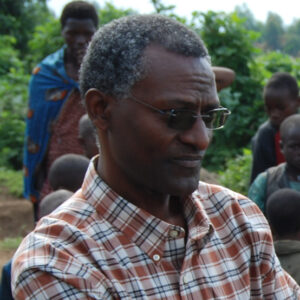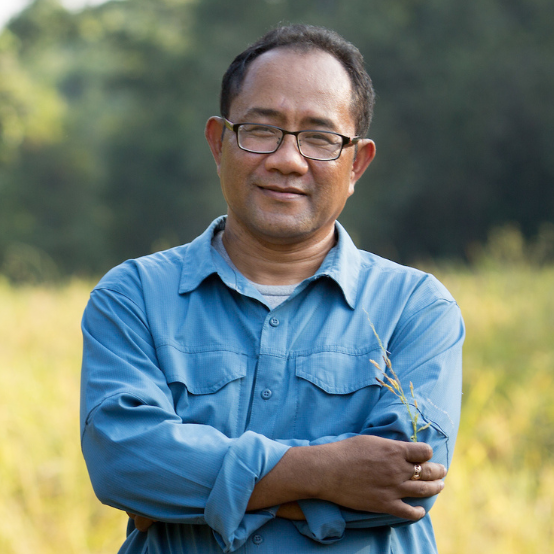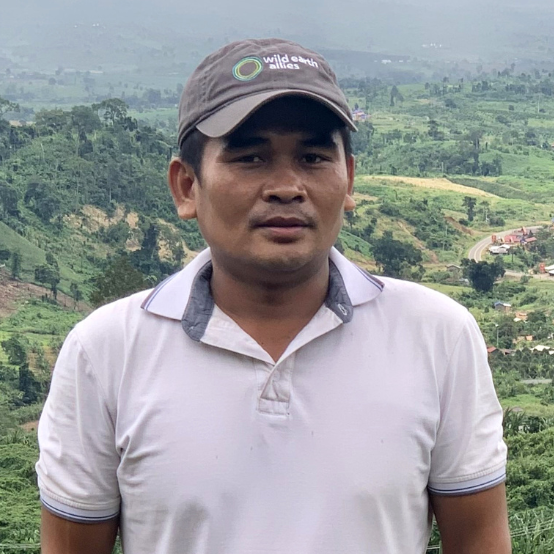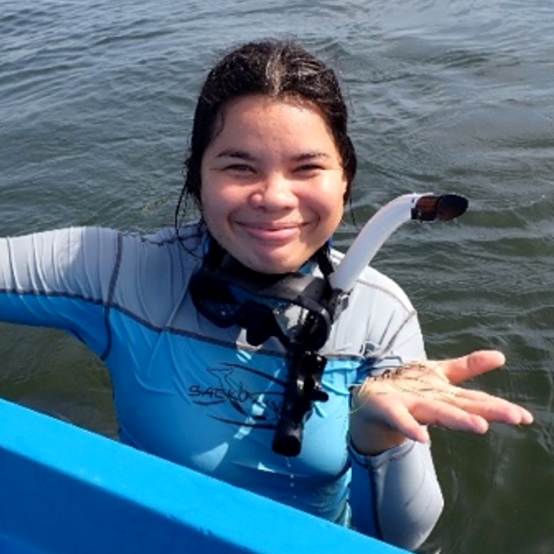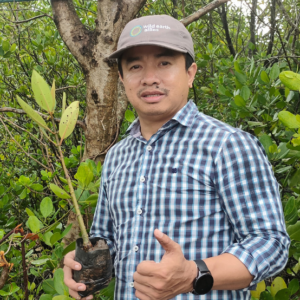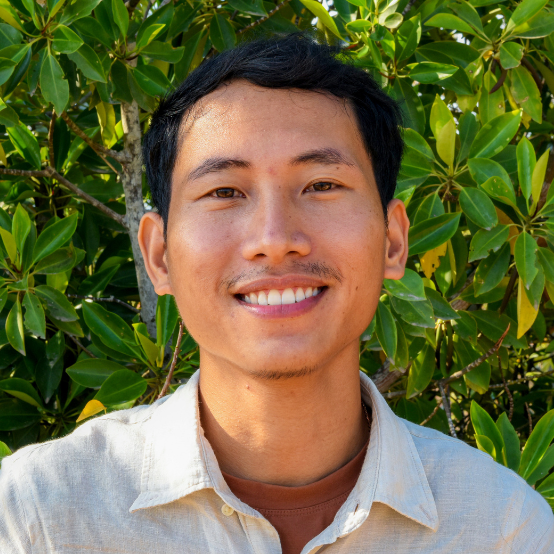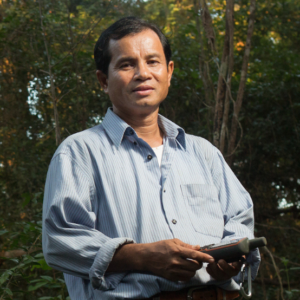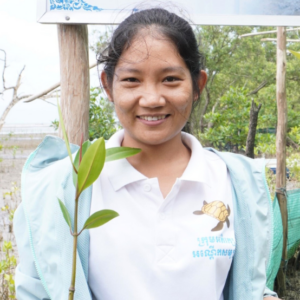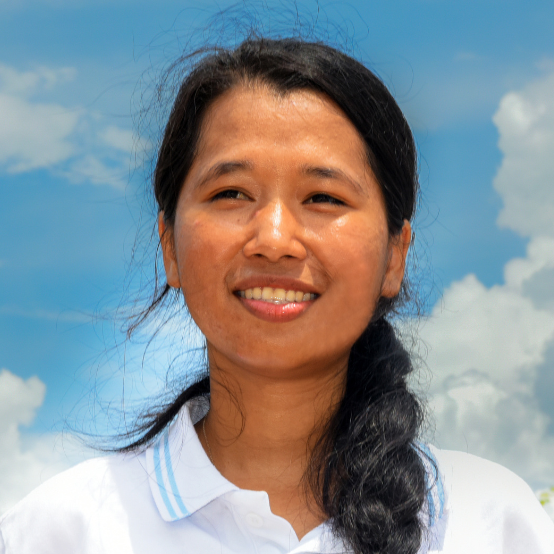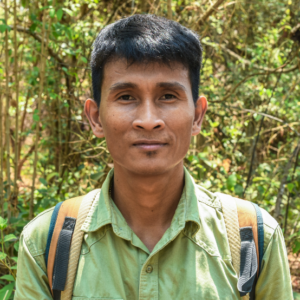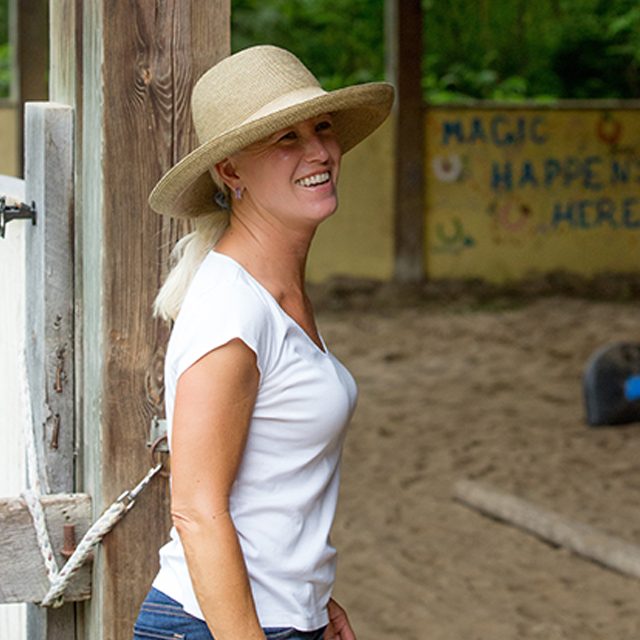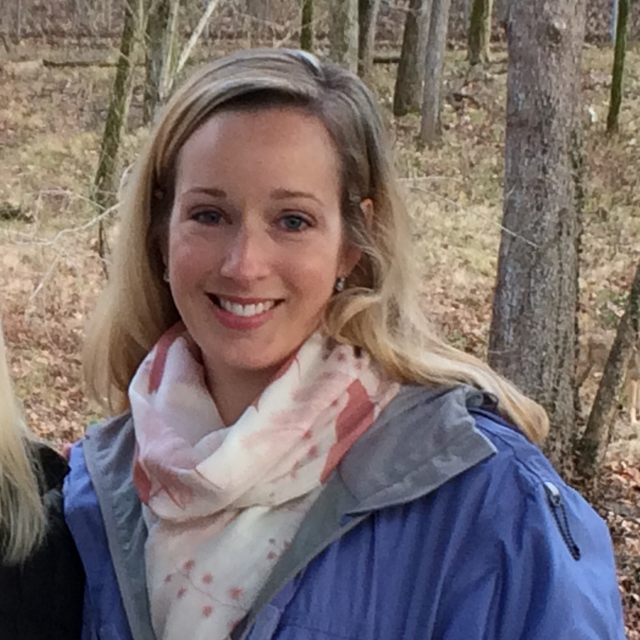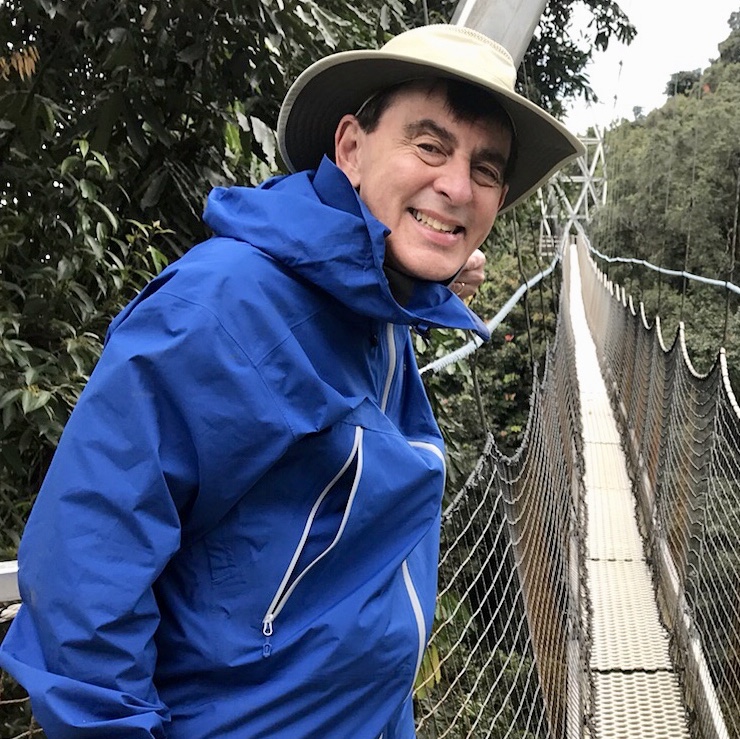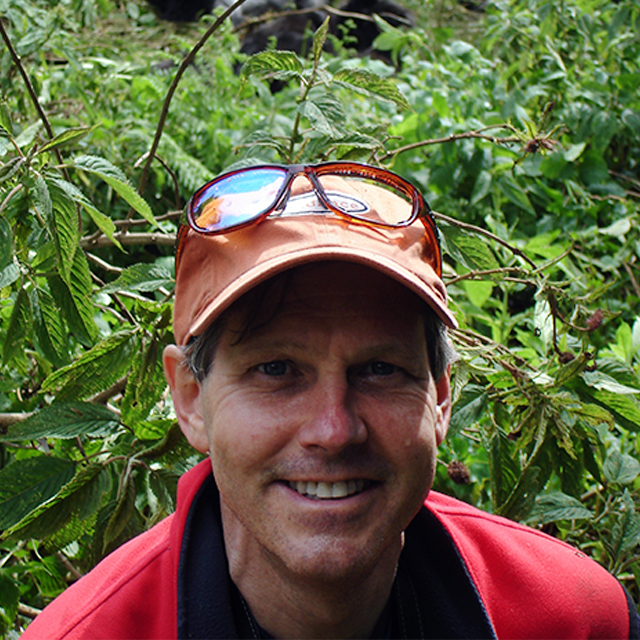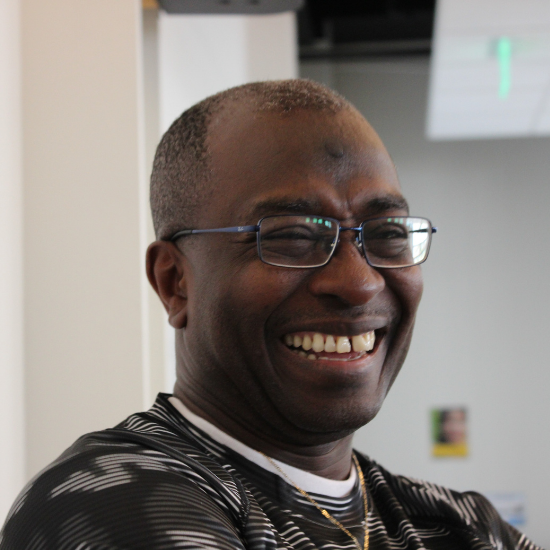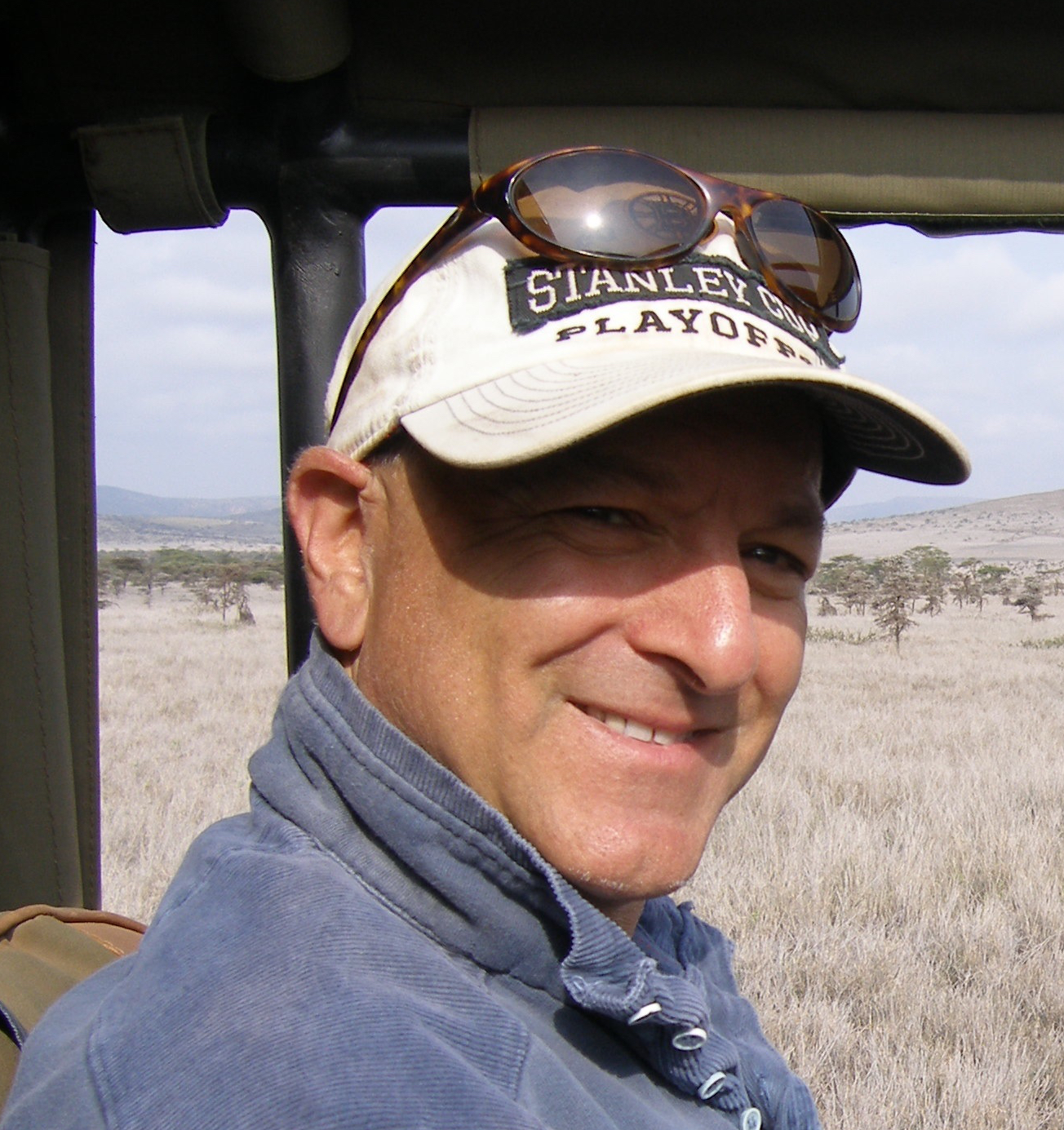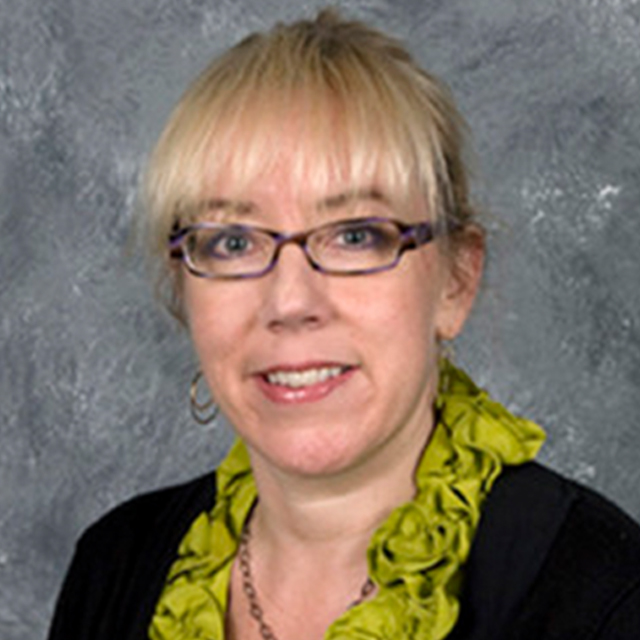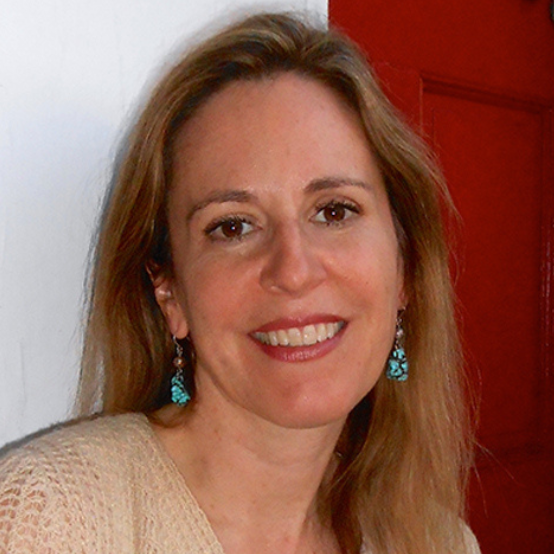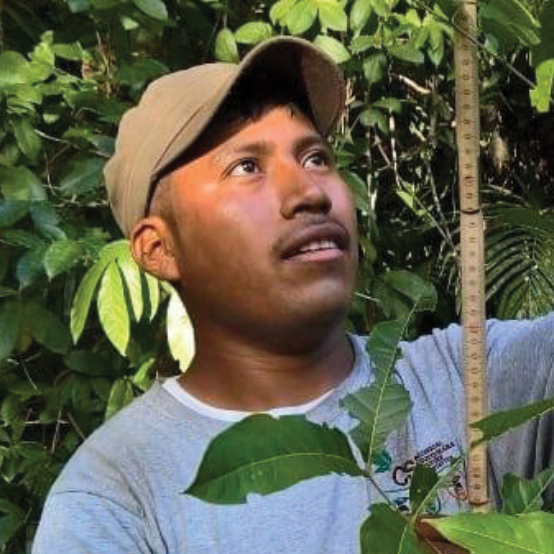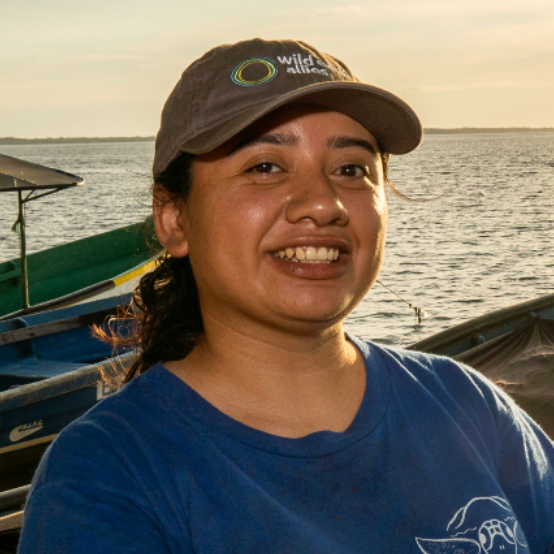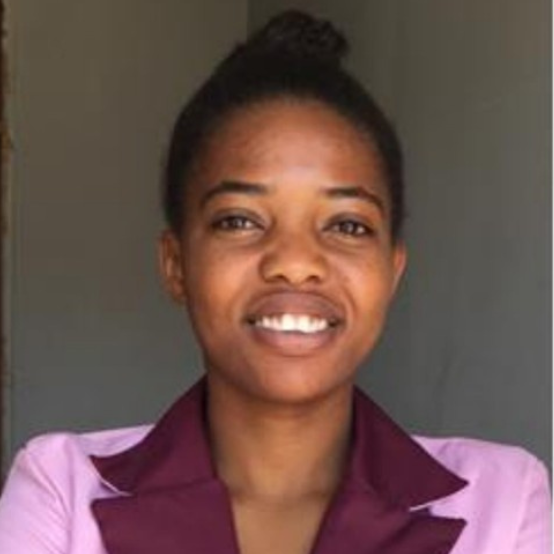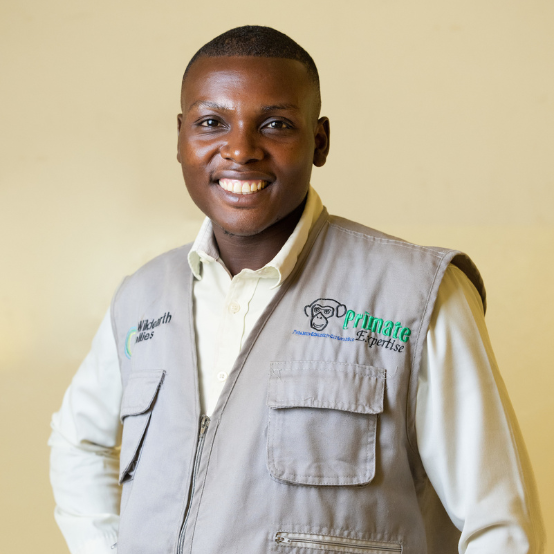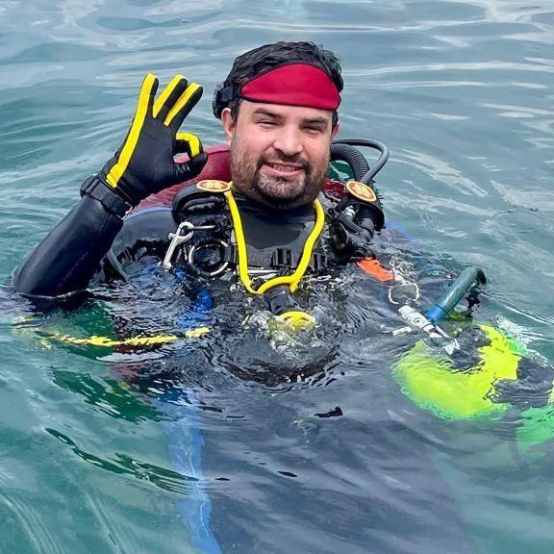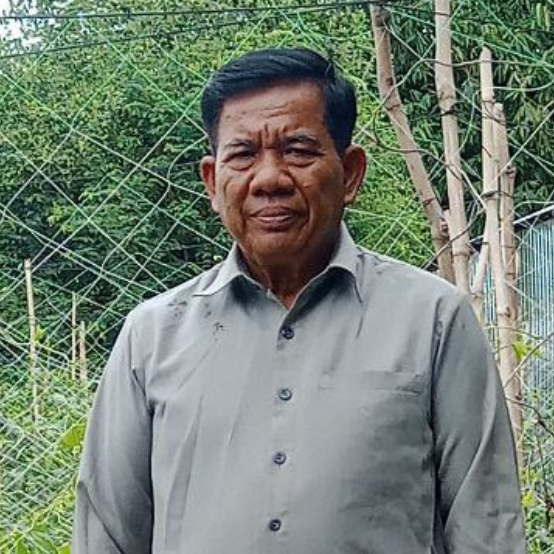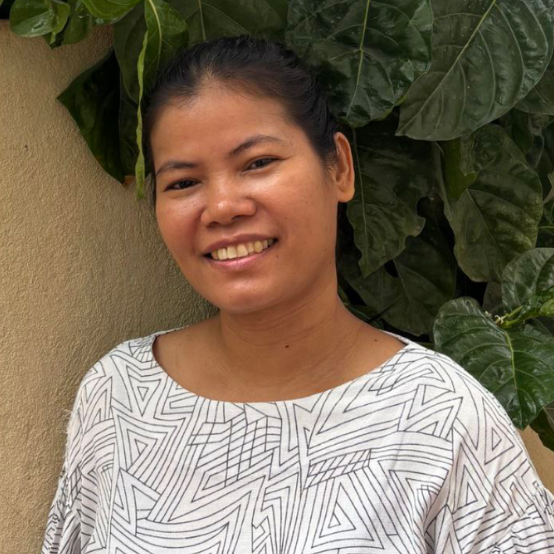In Los Cóbanos, El Salvador, pioneering fishermen work to reduce the number of marine turtles inadvertently injured or killed in lobster gillnets, and they influence others to do the same. Local fishermen also patrol for nesting turtles in areas where threats remain high from egg poaching. Independent photojournalist Allison Shelley captured these forerunners in action and the places and wildlife they treasure.
“Without this work, it’s obvious that the turtles wouldn’t be as abundant. It’s beautiful to see the turtle [eggs] in the hatchery and not sold at market.” – ProCosta Beach Patroller Mariano Soltero.
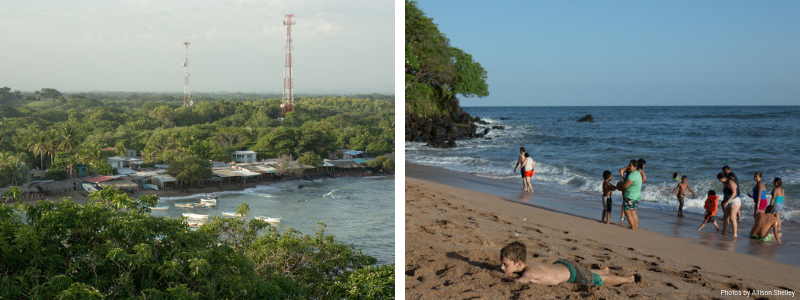
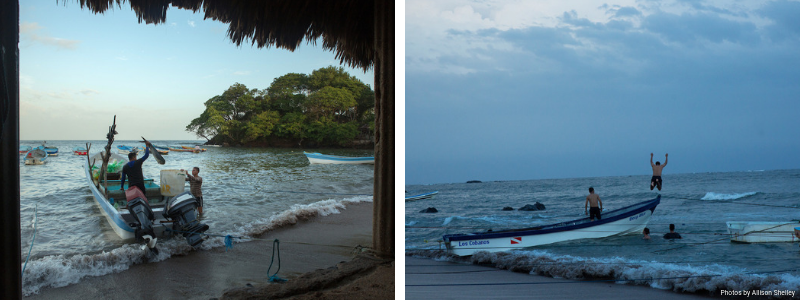 Fishermen unload their catch at the waterfront in Los Cóbanos. Much of the local fishing industry is based here and the catch is sold at its beachfront restaurants (left). Families play between moored fishing boats as the sun sets at the waterfront (right).
Fishermen unload their catch at the waterfront in Los Cóbanos. Much of the local fishing industry is based here and the catch is sold at its beachfront restaurants (left). Families play between moored fishing boats as the sun sets at the waterfront (right).
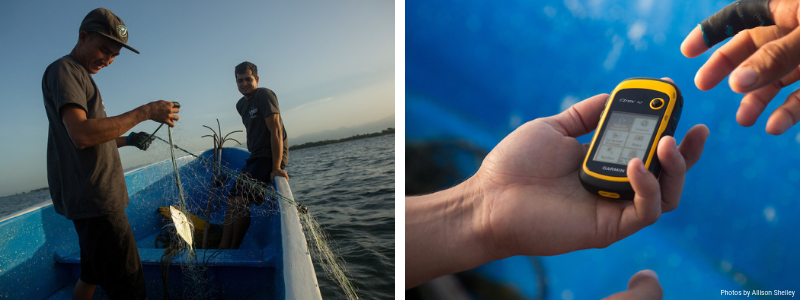 ProCosta’s Field Coordinator Marvin Pineda, right, watches as fisherman Bladimir Bonilla, left, pulls up a gillnet (left). Pineda works with Bonilla in the use of a GPS unit to record the location of the gillnet (right).
ProCosta’s Field Coordinator Marvin Pineda, right, watches as fisherman Bladimir Bonilla, left, pulls up a gillnet (left). Pineda works with Bonilla in the use of a GPS unit to record the location of the gillnet (right).
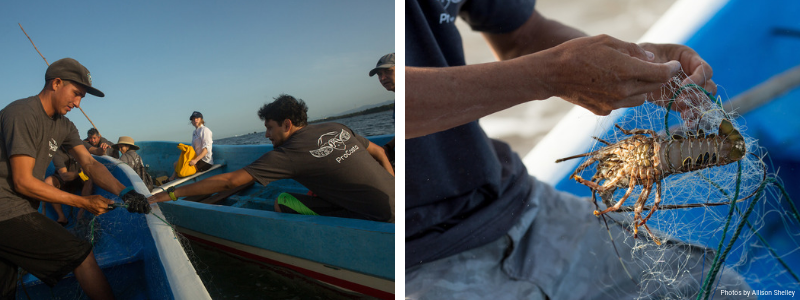 Fisherman Bonilla, left, gets help from Program Coordinator Carlos Pacheco, right, as he pulls up a gillnet (left). Bonilla disentangles a lobster from a gillnet (right).
Fisherman Bonilla, left, gets help from Program Coordinator Carlos Pacheco, right, as he pulls up a gillnet (left). Bonilla disentangles a lobster from a gillnet (right).
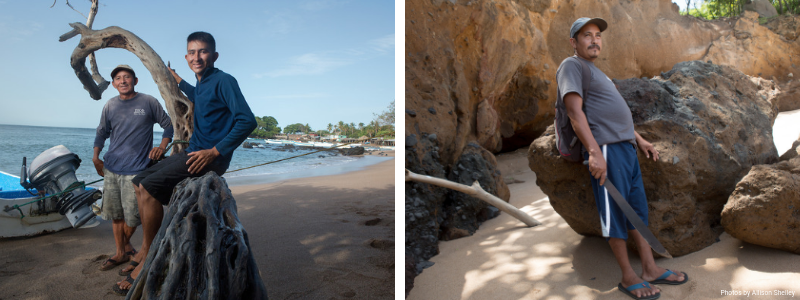 Lobster fishermen Mario Bonilla and son Bladimir Bonilla in a fishing village on Los Cóbanos beach (left). Beach Patroller Mariano Soltero on Chantene beach. He has witnessed over 200 nesting turtles at this important nesting beach (right).
Lobster fishermen Mario Bonilla and son Bladimir Bonilla in a fishing village on Los Cóbanos beach (left). Beach Patroller Mariano Soltero on Chantene beach. He has witnessed over 200 nesting turtles at this important nesting beach (right).
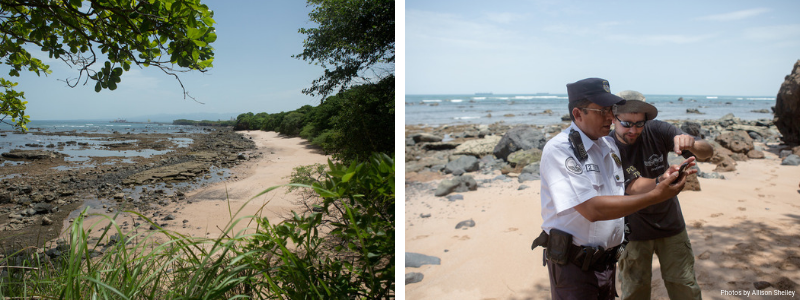 A view of Chantene beach, an important nesting area for hawksbills. ProCosta President Mike Liles works with tourist police officer German Ramirez to traverse Chantene (left). ProCosta relies on its network of local egg collectors to identify and protect nesting turtles and escort their eggs to the hatchery.
A view of Chantene beach, an important nesting area for hawksbills. ProCosta President Mike Liles works with tourist police officer German Ramirez to traverse Chantene (left). ProCosta relies on its network of local egg collectors to identify and protect nesting turtles and escort their eggs to the hatchery.
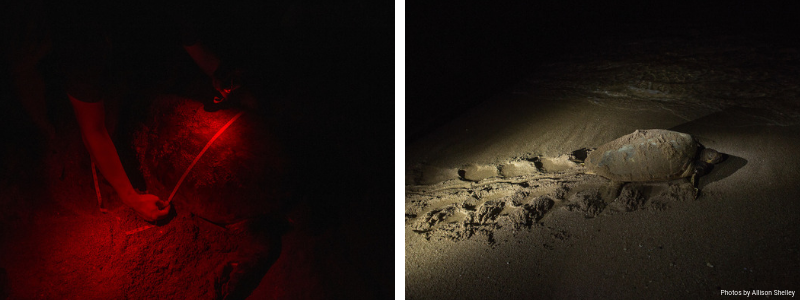 A ProCosta staff member measures the carapace of a hawksbill turtle nesting on El Cocal beach in Los Cóbanos. Red light is used during this process to avoid disorienting the turtle (left). A hawksbill turtle makes its way back to the ocean after nesting (right).
A ProCosta staff member measures the carapace of a hawksbill turtle nesting on El Cocal beach in Los Cóbanos. Red light is used during this process to avoid disorienting the turtle (left). A hawksbill turtle makes its way back to the ocean after nesting (right).
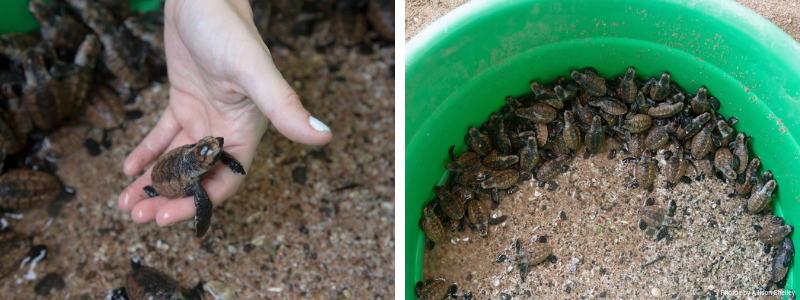 Hatchlings await release at the Los Cóbanos Hatchery (left). A newly hatched hawksbill turtle awaits release (right).
Hatchlings await release at the Los Cóbanos Hatchery (left). A newly hatched hawksbill turtle awaits release (right).
This is the final blog of a three-part series on marine turtle conservation. Find the previous posts, The Love and Labor of Hawksbill Conservation and In the Water with Marine Turtles: An Open Invitation along with other blog posts on our news page.
Follow ProCosta news on Facebook and Instagram.
Wild Earth Allies works with Salvadoran partner ProCosta to protect critically endangered hawksbill turtles at Jiquilisco Bay, one of two primary hawksbill nesting sites in the region, and Los Cóbanos. Our collaboration centers on supporting ProCosta’s local hawksbill conservation network, comprised largely of former egg poachers and artisanal fishing communities.

